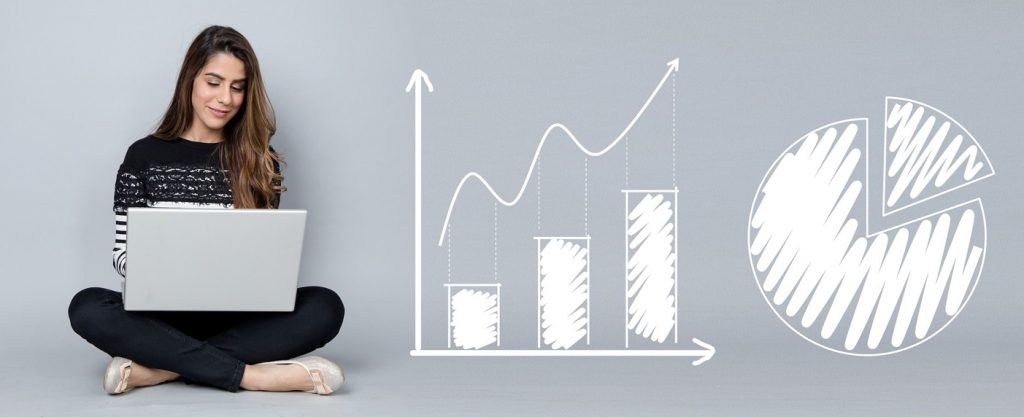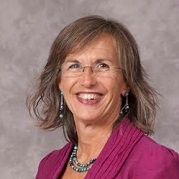What the Data Tells Us: Biggest Takeaways from 2017

Why would a college professor drive 3 hours each way through DC traffic for a DMAW Wake Up & Learn session?
HINT: The answer is a 4-letter word…
DATA! That’s right—you say analytics, and I say, “YES, please!” Carol Rhine’s insightful Target Analytics presentation was definitely worth the trip from Salisbury, MD.
I’m a firm believer that data does not give us answers. It empowers us to ask better questions. So, what did the data tell us, and how does that impact our decisions?
- 2017 was different.
The numbers tell us it was a double whammy. First, politically-driven reactive giving started in late 2016 and continued throughout most of 2017. Things started settling down a bit in the third quarter, but then year-end 2017 gave us tax reform and BOOM! More contributions plus a new twist: Donor Advised Funds.
Now that we have some data, think about what questions you should be asking next:
- Am I comparing this year’s numbers to last year? Should I?
- People pay differently.
There’s been a consistent increase in online donations, but don’t assume that those donations all look the same. In addition to traditional credit card transactions, third-party payment options like Apple Pay, Venmo, PayPal, Facebook and a variety of other options exist for donors. Oh, and don’t forget, we also need to think about Donor Advised contributions.
Analysis of data also tells us sustainer programs are mandatory.
Remember, data does not give you answers. Ask yourself:
- Have we figured out how to ask folks to contribute through different payment methods?
- Do we have the ability to track these methods? (Ugh, attribution just got more complicated!)
- If donors are paying online, is the mail dying? (Don’t kid yourself. TEST!)
- Are we asking donors to consider using their Donor Advised Funds to support our organization?
- Do we have the capacity to comply with the laws associated with Donor Advised Funds? (Remember, the donor has already received the tax benefit. Our thank-you procedure may need an update.)
- America’s new majority: Millennials? OH, MY!
They have overtaken the Baby Boomers as the largest demographic segment in America. Have no fear, though.
Although we’re comfortable with our loyal boomers, there’s some good news with this inevitable change. First, the millennials are coming into our donor files at a younger age than other generations. They’re socially conscious and politically charged. They want to make a difference. We need to engage with them in a way that makes sense to them.
Another bonus: subscription-based purchasing is natural for this generation. They subscribe to Netflix and Hulu. They pay monthly for streaming music services like Spotify instead of buying CDs. Subscription boxes and prepackaged meals arrive at their doorsteps on a regular basis. It seems logical that we interact similarly. If they are comfortable making regular monthly payments elsewhere, it makes sense that they might treat contributions the same way.
Remember, donors do what donors do. Behaviors repeat themselves. Boomers behave the way they do because they know what to expect from the relationship we’ve built. How do we work with millennials in a way that makes sense for both of us? Start with sustainer programs. It’s important to us and logical to them.
- Are we asking younger donors to join us in a way that makes sense to them or in a way that makes sense to their parents?
- How do we build a meaningful, authentic relationship with our younger donors?
- Can we create an environment where millennials expect us to ask for reoccurring (sustainer) contributions?
One last tidbit
When someone asked Carol to get out her ‘crystal ball,’ look at the data, and predict what year-end 2018 might look like, her response was simple. “You might want to compare year-end 2018 to year-end 2015. That makes more sense than comparing it to the reactionary giving in 2016 and the impact of tax laws in 2017.”

Paula T. Morris is a Professor of the Practice in the Management and Marketing Department at the Perdue School of Business, Salisbury University and the founder of Kids of Honor®. She can be reached at PTMORRIS@salisbury.edu.
